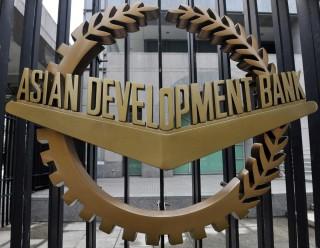The Asian Development Bank (ADB) and the Government of Kazakhstan have moved a step closer toward the possible early retirement of a coal plant in Kazakhstan under the bank’s Energy Transition Mechanism (ETM) program.
Under a memorandum of understanding (MOU) signed at COP29 by ADB and Kazakhstan’s Ministry of Energy, the two sides will work toward a pilot transaction that demonstrates a pathway to significantly reduce the country’s greenhouse gas emissions. This could be through decommissioning or repurposing a pilot coal plant for renewables or other low-carbon energy technologies. A feasibility study will determine which among a selection of coal-fired power generation, combined heat and power plants, and heat-only boilers identified in the pre-feasibility study and other analysis could be the most viable for early retirement.
“Keeping 1.5 degrees alive means moving away from fossil fuels and toward clean energy as quickly as possible—and ADB’s ETM program aims to do that in a way that considers each country’s energy and socioeconomic development needs,” said ADB Director General for Central and West Asia Yevgeniy Zhukov. “As Asia and the Pacific’s climate bank, we are committed to helping Kazakhstan decarbonize its economy in a way that is just and inclusive, and we aim to demonstrate how the clean energy transition can be accelerated in Central Asia.”
“Kazakhstan will need to develop a new approach in the power, heating, and water sectors as a single technological system, and we rely on ADB’s support and experience,” said Minister of Energy of Kazakhstan Almassadam Satkaliyev. “I hope that this program will demonstrate technological shift and reliability of new systems through ETM which then can be replicated to other plants and regions.”
Kazakhstan is a major consumer of coal, with some 25 billion tons of reserves estimated to be the eighth largest worldwide. About 70% of the nation’s electricity is produced from coal while energy-related activity, including heat and electricity production, accounts for more than 80% of the country’s total greenhouse gas emissions.
The Government of Kazakhstan’s long-term strategy for achieving carbon neutrality by 2060 prioritizes transitioning away from fossil fuels and boosting renewable power generation capacity.
